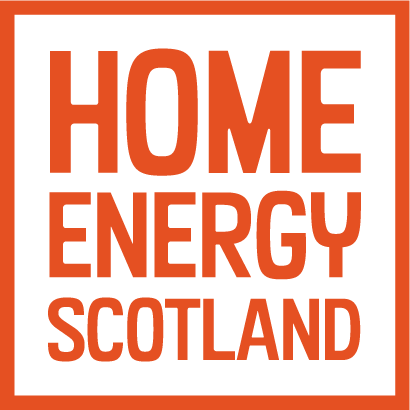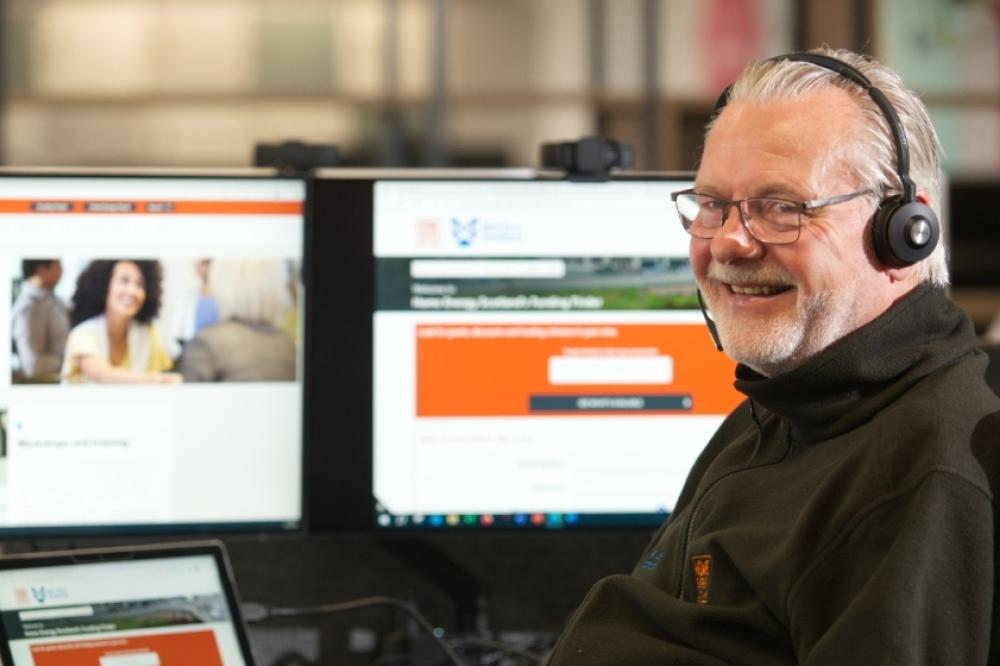Workshops & training
Want to help your colleagues or people in your community adopt healthier and happier lifestyles? Home Energy Scotland offers free workshops and training for employees and community groups, through in person, online training, and eLearning.
Find out more and send a workshop enquiry to get involved.



